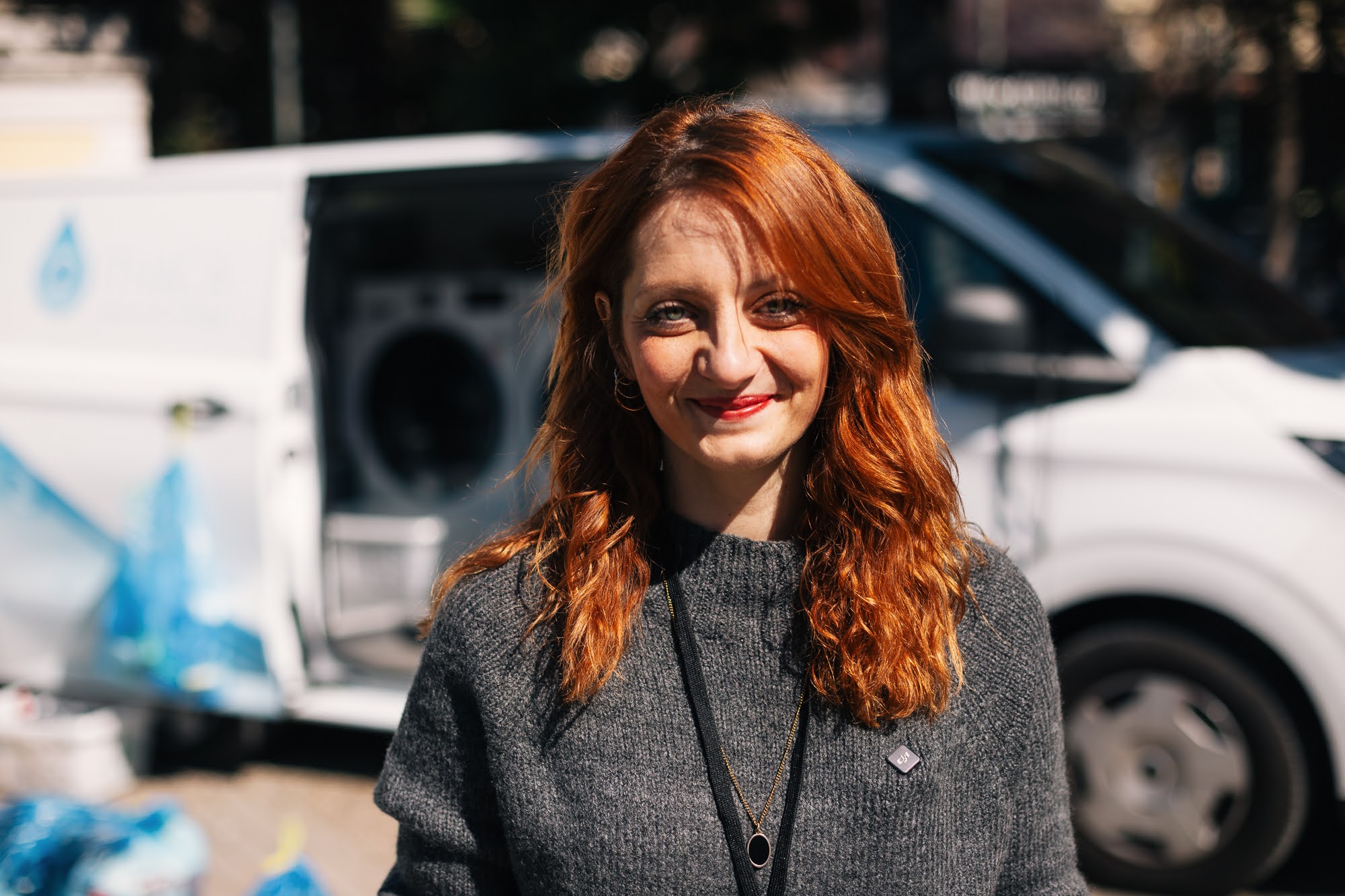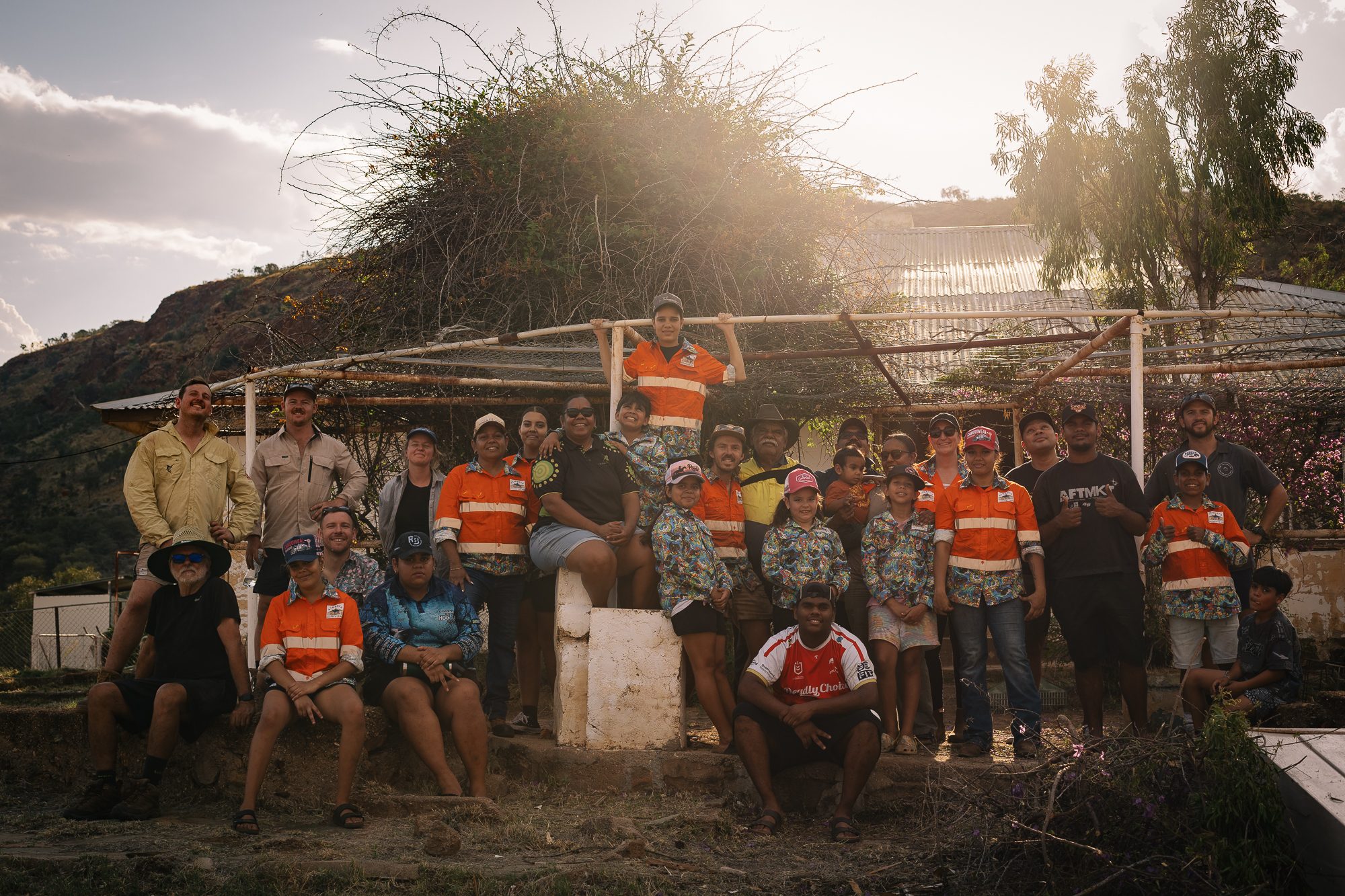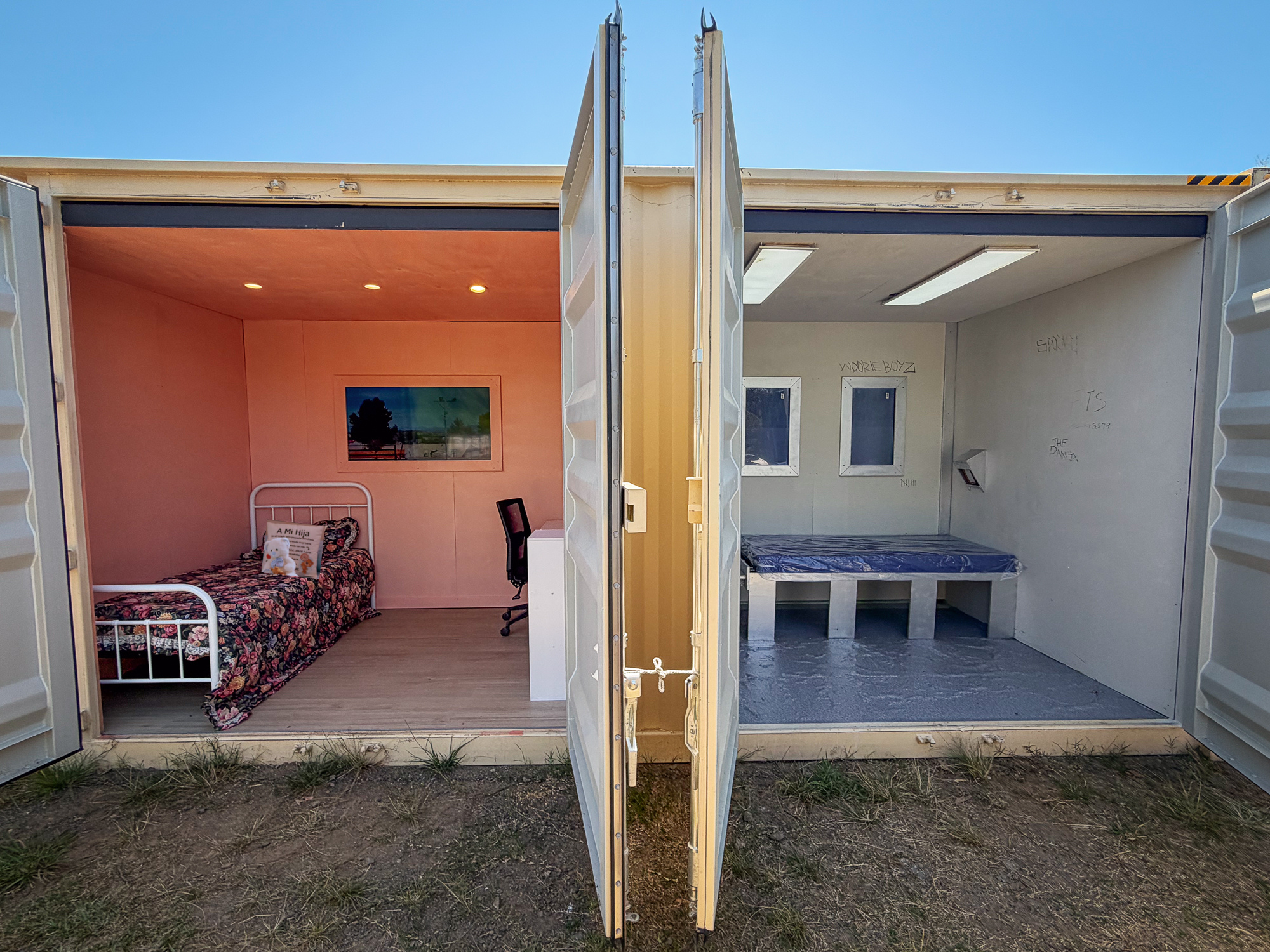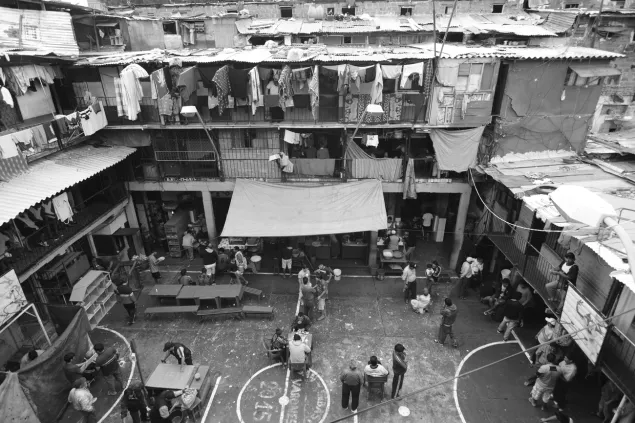In the gentle April sunshine of Athens, I witnessed something quietly revolutionary. Four organisations from across the world, each working in their own way to provide the dignity of clean clothes, came together to weave the first threads of what would become the Global Laundry Alliance. As I moved between their conversations with my camera, capturing their words and witnessing their connections forming, I became aware that I was documenting a birth of a movement.

The Confluence of Rivers
What does it mean when people working across continents, serving different populations with similar needs, suddenly recognise themselves in each other? I watched as leaders from Orange Sky (Australia), The Washing Machine Project (UK), Ithaca Laundry (Greece), and A Drop in the Ocean (Norway) discovered their shared language—not just of laundry logistics and washing cycles, but of human dignity, of systemic barriers, of the profound significance hidden within the seemingly mundane act of washing clothes.
The air between them crackled with recognition. These were not organisations looking to compete or compare, but fellow travellers suddenly realising they had been walking parallel paths, facing similar mountains, dreaming complementary dreams.
Nav (The Washing Machine Project): "It's important to understand each other's challenges because some challenges are very similar, some are very different... I'm a connector, I'm a community builder, and I want people all around the table. My wish for communities and alliances like these is to just keep flourishing. I've found a hack in my life—which is the more you give, the more you get."

In the corner of Ithaca's laundry van operation, surrounded by the gentle hum of washing machines and the quiet conversations of those waiting for their clothes, Dimibra shared her vision for what this alliance could become.
Dimibra (Ithaca): "For me, it's very important to have this alliance because we will enhance our impact. It will empower all organisations that try to support these people. I think it's very important to establish that hygiene is a basic human need and right. My vision—and every NGO's vision—would be to not exist because all the needs are covered."

The philosophical dimensions of this work emerged through my conversation with Jean Baptiste, whose experience in refugee camps brought a particular urgency to the alliance's purpose.
Jean Baptiste (A Drop in the Ocean): "I think we're laying the basis of talking about laundry access and basic hygiene standards as a human right. Civil society has the strongest power and the strongest ability to actually make change. I'm a big supporter of civil society overall, and of volunteers and individuals just gathering with one another."

For Nic, whose journey with Orange Sky began with two washing machines in a van in Australia and has expanded across countries, the human connection remained at the centre.
Nic (Orange Sky): "Behind every load of washing is a human. That's the heart of what all of these organisations have in common—people fleeing violence, people without a safe place to call home, people still manually hand-washing their clothes. And I think regardless of where you are, the opportunity to build a centre of excellence and mastery is really important."

Between Threads and Transformation
What emerged most clearly through these conversations was not just the practical impact of clean clothes, but the philosophical dimensions of dignity. Through the simple act of washing away dirt, these organizations are simultaneously washing away boundaries—between helper and helped, between charity and rights, between isolated intervention and systemic change.
As Marillie, Operations Coordinator at Ithaca, eloquently put it:
"I think that a lot of people forget that hygiene and clean clothes are very important because we always talk about other services that they should have access to. But clean clothes is the first step for reintegrating into society. If they don't have clean clothes, they won't get interviews, they won't be able to operate in everyday life. It's important to raise awareness on how important it is to have clean clothes, to be hygienic, in order to have dignity in general in your life."

I watched as these change-makers moved from sharing operational challenges to envisioning a world where the simple dignity of clean clothes is not privilege but birthright. Their collaborative spirit created an electricity in the room—a sense that by coming together, creating something whose whole exceeded the sum of its parts.
The Gentle Revolution
What I witnessed in Athens was the beginning of a gentle revolution—one that spins not on grand proclamations but on washing machine cycles, that measures progress not in policy changes alone but in the quiet confidence of someone wearing clean clothes to a job interview, that recognises transformation happens simultaneously at personal and systemic levels.
The Global Laundry Alliance represents a profound form of systems-thinking-in-action. These organisations understand that behind the seemingly simple act of washing clothes lies a complex web of interconnected systems—dignity infrastructure, economic barriers, cultural narratives, governance failures. By aligning their diverse approaches while honoring contextual differences, they are creating a tapestry of transformation that can adapt to different environments while maintaining its essential pattern.
Their decentralised approach offers a powerful model for social change in our complex world. Rather than attempting to impose a single solution, they are creating a network of approaches that can respond to local conditions while connecting to global learning. This is systems change at its most human—recognising that transformation happens not through top-down dictates but through interconnected ripples of action, reflection, and adaptation.
As Jonathan from A Drop in the Ocean reflected:
"It's these grassroots movements that are bringing this discussion to bigger institutional partners. These movements and organisations are seeing from their grassroots operations that this is a huge need, and we're trying to grab the attention of people that this should be something that we can strive for and secure for people."

Between threads and transformation lies a world reimagined—where something as fundamental as clean clothes becomes not privilege but birthright, where dignity flows as freely as water through washing machines, where the boundaries between helper and helped dissolve into the recognition of our shared humanity.
The Global Laundry Alliance stands as testament to what becomes possible when we recognise that we are better together—that our individual efforts, when woven into collective action, create not just impact but meaning, not just services but solidarity, not just solutions but the seeds of systemic transformation.
I left Athens with my camera full of images and my heart full of hope—for what these organisations will continue to build together, and for what their model of collaborative, dignity-centred, systems-aware change offers our fragmented world.
Between what is and what could be, they are weaving new possibilities—one wash cycle at a time.








.svg)